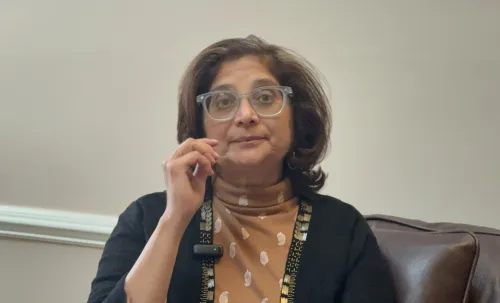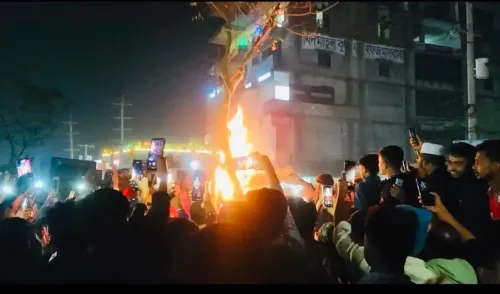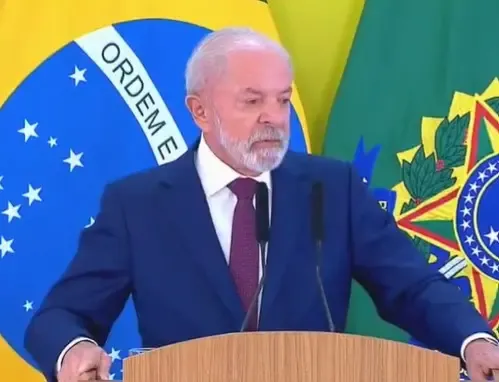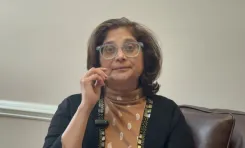South Korea: Competing Parties Fail to Agree on Special Counsel Investigation into Yoon's Charges
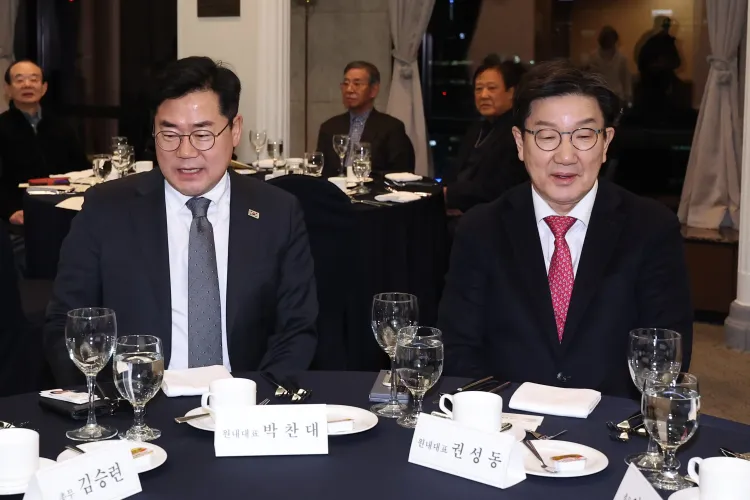
Synopsis
Key Takeaways
- South Korea's PPP and DP met on special counsel bills regarding President Yoon.
- No significant progress was achieved in negotiations.
- DP intends to vote on its proposed bill irrespective of PPP's stance.
- PPP criticized the extensive scope of the opposition's bill.
- Opposition holds majority in the National Assembly, influencing outcomes.
Seoul, Jan 17 (NationPress) The ruling People Power Party (PPP) of South Korea and the primary opposition Democratic Party (DP) convened on Friday to deliberate their individual proposals concerning a special counsel investigation into the impeached President Yoon Suk Yeol regarding his unsuccessful attempt at implementing martial law. However, little advancement was made towards a consensus.
PPP floor leader Kweon Seong-dong and his DP counterpart, Park Chan-dae, were present at the session, which was overseen by National Assembly Speaker Woo Won-shik.
Attention was focused on whether these opposing parties could reconcile their differences and finalize a unified bill before the end of the parliamentary plenary session.
"Currently, discussions between the ruling and opposition factions have collapsed," Park informed journalists at 8:30 p.m., noting that both parties have no intentions of reconvening on Friday.
Park mentioned that the party intends to proceed with a vote on the bill, indicating that the DP would independently present an opposition-backed bill for consideration, as reported by Yonhap news agency.
PPP floor leader Kweon also stated that dialogues fell apart due to differing perspectives.
"Our proposal merely includes essential components, aiming to find common ground, rather than engaging in extensive negotiations," he remarked, criticizing the opposition's negotiation tactics.
Opposition factions are advocating for a modified special counsel bill that encompasses accusations that Yoon committed ‘treason’ by allegedly attempting to incite war with North Korea.
The PPP contends that the bill's scope is overly broad and has opted to propose its own version, omitting such accusations.
Should the two parties achieve a consensus during their discussions, the new bill is anticipated to pass the plenary session. Conversely, if they are unable to reconcile their differences, the opposition-backed bill is likely to be approved by the National Assembly, as the opposition currently holds the majority in the 300-member parliament with 192 seats.


